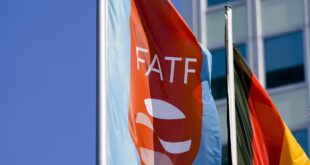- The International Union for Conservation of Nature (IUCN) in its latest update revealed that among the 1,47,517 listed animal species, 41,459 are threatened with extinction including the King Cobra.
- The reptile is a threatened species in India and was added to the Red List over a decade ago, in 2011.
- The Agumbe Rainforest Research Station (ARRS) has been involved in the King Cobra conservation project in the Western Ghats, which is known as the home of this snake species.
King Cobra
- King Cobra, also known as Ophiophagus Hannah, is the largest venomous snake in the world.
- The snakes can reach up to a height of 5.5 meters and is known for their distinctive hood and features, which they use to intimidate potential predators.
- They are widely found in the Western Ghats, the Eastern Ghats, and the Himalayas in India.
- King Cobras generally avoid human settlements.
- They also inhabit other parts of Southeast Asia, such as Thailand, Indonesia, and Malaysia.
- It is threatened by habitat destruction.
- It is regarded as the national reptile of India
Conservation status:
IUCN status: Vulnerable.
CITES status: Appendix II
Wildlife Protection Act, 1972: Schedule II
Their significance to the Ecosystem
- The King Cobras are part of the top predation in the ecosystem and are important in maintaining the balance of nature.
- They feed on other snakes and reptiles to ensure the balance of the species.
- They also play a crucial role in regulating populations of other species, such as rodents, which can cause significant damage to crops and other vegetation.
SOURCE: THE HINDU, THE ECONOMIC TIMES, PIB
 Chinmaya IAS Academy – Current Affairs Chinmaya IAS Academy – Current Affairs
Chinmaya IAS Academy – Current Affairs Chinmaya IAS Academy – Current Affairs



